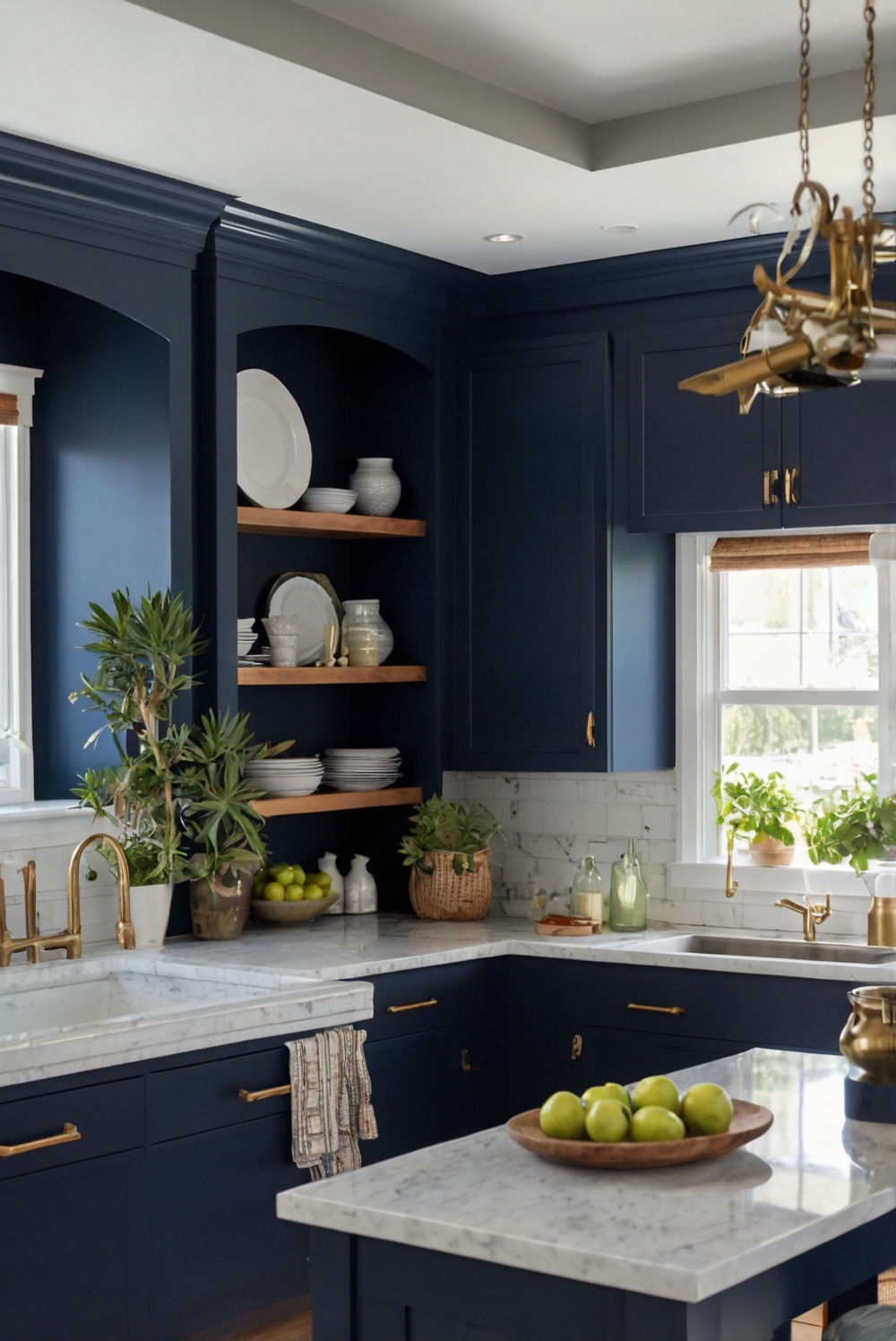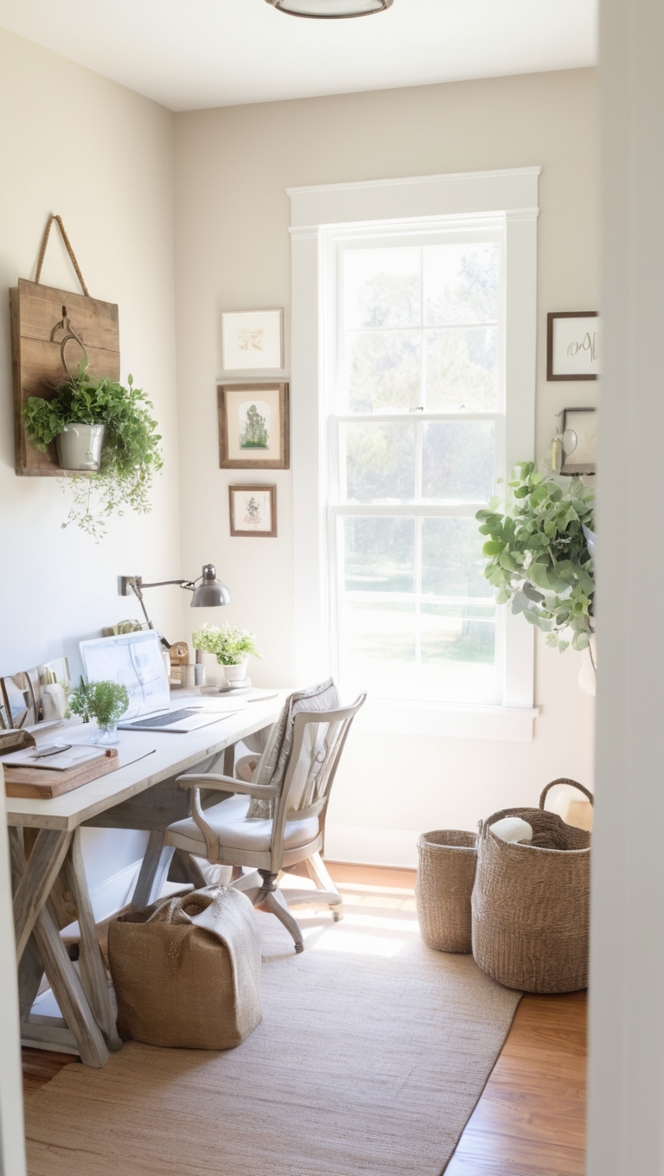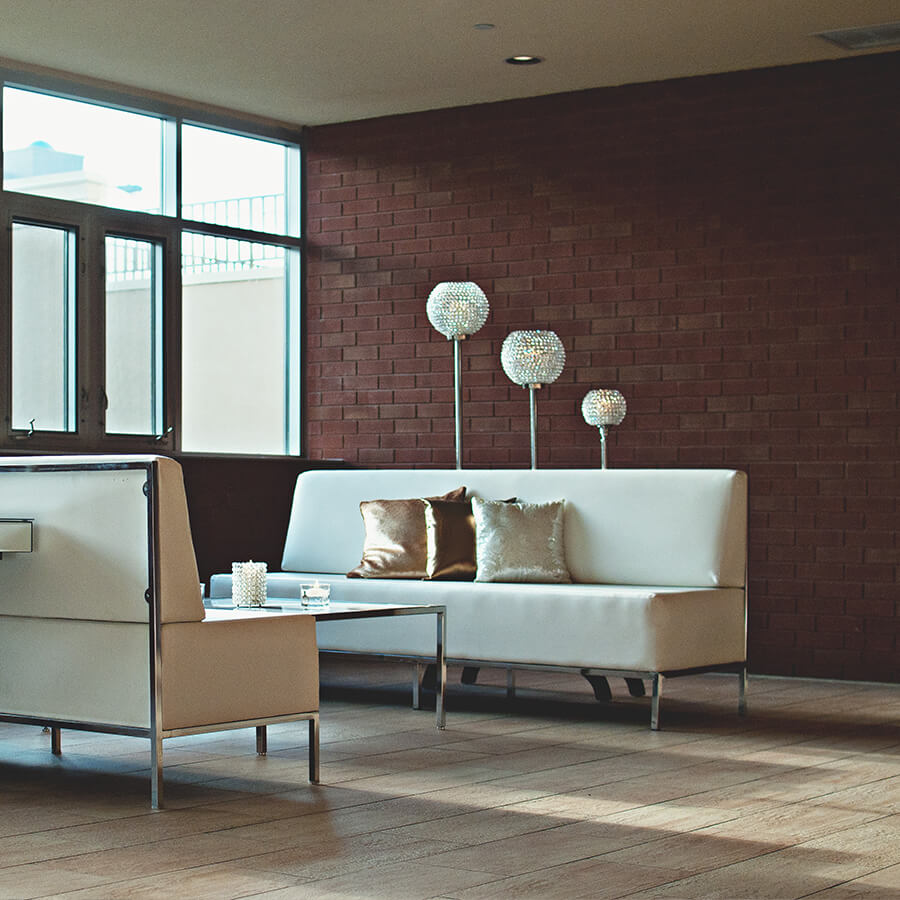Discover how quartz countertops stack up against other materials in terms of durability. Explore the pros and cons to choose the best option for your kitchen.
Quartz countertops are known for their exceptional durability compared to other materials such as granite, marble, and laminate. Quartz is engineered to be highly resistant to scratches, stains, and heat, making it a popular choice for kitchens and bathrooms. Unlike natural stones, quartz does not require sealing and is non-porous, which helps prevent bacteria growth. To ensure the longevity of quartz countertops, it is essential to avoid placing hot pans directly on the surface and to use cutting boards when preparing food. Regular cleaning with mild soap and water or a designated quartz cleaner can help maintain the beauty and durability of quartz countertops.
Quartz countertops are known for their durability and longevity compared to other materials such as granite and marble. The lifespan of quartz countertops is impressive, typically lasting for decades with proper care and maintenance. In terms of durability, quartz outperforms many other countertop materials in several ways.
When compared to granite countertops, quartz is equally durable, if not more so. While both materials are resistant to scratches, stains, and heat, quartz has the edge in terms of consistency and uniformity. Quartz countertops are engineered to be non-porous, making them easier to maintain and less prone to staining than natural stone like granite.
Holding up well against hot pots and pans, quartz countertops are heat resistant. However, it is recommended to use trivets or hot pads to protect the surface from extreme heat exposure. Excessive heat can cause damage to the resin used in the quartz mixture, affecting the durability of the countertops over time.
Despite its durability, there are still some risks associated with using quartz countertops. While they are resistant to scratches, a heavy impact from a sharp object can potentially chip or crack the surface. It is essential to handle heavy and sharp objects with care to prevent any damage to the countertops.
Compared to marble countertops, quartz is far more durable and less susceptible to scratching and staining. Marble is a softer material and requires more maintenance to keep it looking pristine. Quartz, on the other hand, is low maintenance and does not require sealing like natural stone countertops.
To maintain the durability of quartz countertops, it is essential to follow some simple care tips. Regularly cleaning the countertops with a mild soap and water solution is recommended to keep them looking their best. Avoid using harsh chemicals or abrasive cleaners that can dull the surface or damage the finish.
Choosing quartz countertops over other materials for their durability is a wise decision. With its long lifespan, resistance to scratches, stains, and heat, quartz proves to be a reliable and durable countertop option for kitchens and bathrooms. The ability to withstand daily wear and tear makes quartz a popular choice among homeowners looking for a low-maintenance and durable surface.
Overall, when comparing quartz countertops to other materials in terms of durability, quartz emerges as a top contender. Its superior strength, resistance to damage, and ease of maintenance make it a practical and long-lasting choice for any home. By selecting quartz countertops, you can enjoy durable, beautiful surfaces that stand the test of time.








